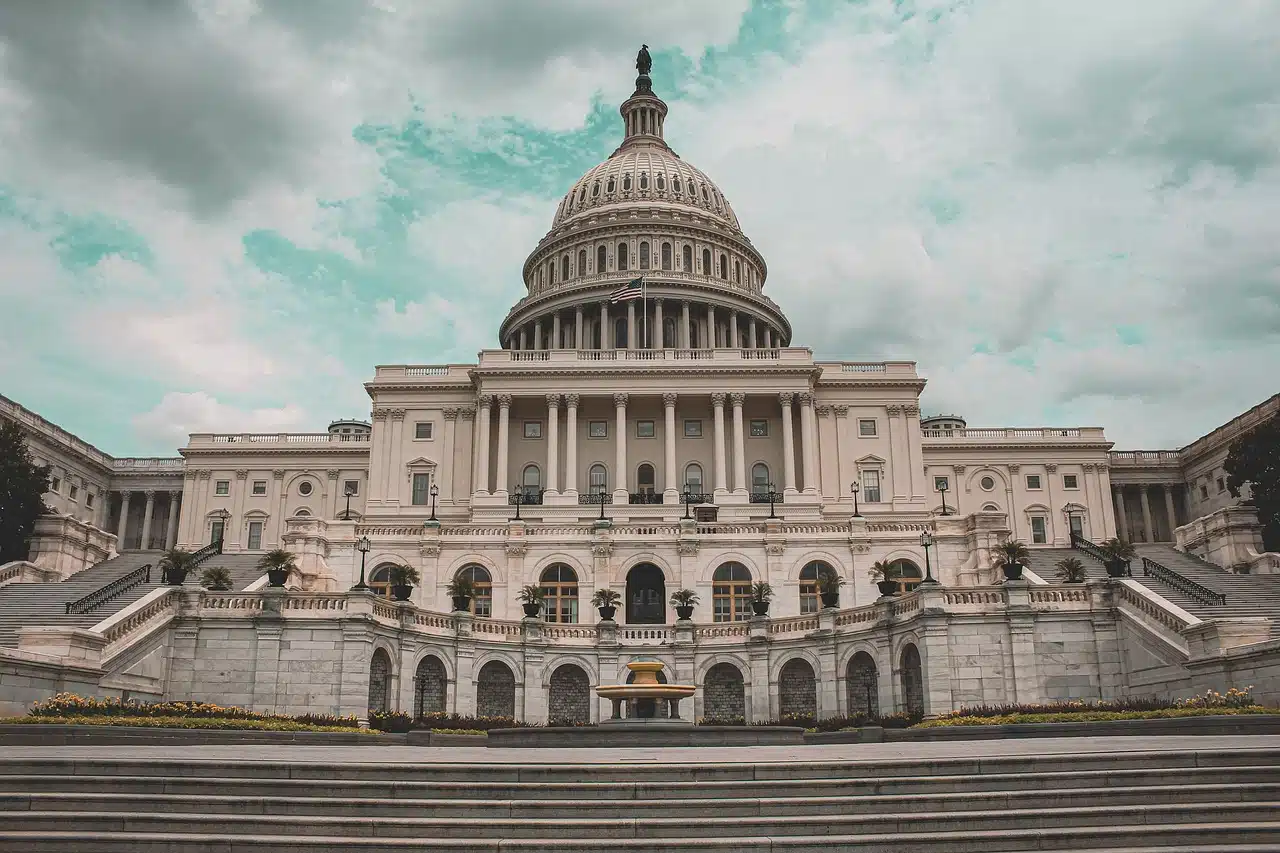
Political law studies the nature, structure and functioning of the State.
Political law is the branch of public law that is oriented towards the analysis of issues linked to the State . It is considered the basis of administrative law and constitutional law , dedicated to the study of the link between the State and people.
Before continuing, it is important to indicate that law is the set of rules and precepts that allow the regulation of social relations. Compliance with these rules, inspired by ideals of order and justice , is mandatory: state authorities are empowered to sanction those who violate them.
Law, in this framework, can be divided into two large branches: public law and private law . While public law is oriented towards the bond established by citizens and private entities with state agencies, private law is in charge of relationships between individuals. As we already indicated, political right is part of public law.
Characteristics of political law
It can be said that political law is born from the confluence of law and politics. Politics is understood, in turn, to be the activity carried out by those who are in charge of the administration of public affairs and those who aspire to have the possibility of doing so.
The object of study of political law is the State . The discipline focuses on its nature and functions, also considering how the exercise of power is developed. Furthermore, it can be noted that political law examines the organization of the State at the political level.
In political law, in short, political science , sociology and, of course, law intersect. The set of norms and rules of interest regulate the development of political activity and the mode of political organization of society.
Its origins
It is interesting to mention that the expression political right emerged in Spanish territory during the 19th century as a translation of the German concept Staatsrecht , which does not share an identical meaning in its language. The concept, in fact, is not common in non-Hispanic legal traditions.
It is known that in 1870 , at the University of Oviedo , there already existed a chair of Political Law . The notion later reached other houses of higher education in Spain and finally landed in the Latin American academic field.

Political law is a branch of public law.
Training in Political Law
Political Law specialists are professionals who have graduated in Law. If we focus on the University of Buenos Aires ( Argentina ), to mention one case, there is an Update Program in Theory of the State and Political Law .
Aimed at those who have already graduated in Law or related careers, it is a training that is part of a postgraduate degree and whose modules are valid for a doctorate .
It should be noted that in the Law degree at the UBA there was a subject called Political Law . However, in 1985 it was replaced by Theory of the State . The aforementioned Update Program examines the various theories of the State and the effect of different political and philosophical ideas on the development of legal norms.
At the International University of La Rioja ( Spain ), meanwhile, the specialization in Political Law is also integrated into a postgraduate degree. The training is included in the Master's Degree in the Practice of Law .

Constitutional law and administrative law are based on political law.
Differences with other branches
It is common for there to be confusion between political law and constitutional law . Political law investigates the essential themes inherent to the disposition and functioning of the State; Constitutional law, on the other hand, specifically points to the elementary structure of the State that is based on the supreme law: the Constitution .
In a democracy , constitutional law supervises that the Constitution is respected. The activity of the government and political parties, the conduct of elections and the role of parliament are issues that this branch of law examines.
Political law, for its part, focuses on the theory of the State, considering its origin, evolution, functions and objective. For this reason, there are specialists who consider that constitutional law is part of political law.
The same can be said regarding administrative law , which is dedicated to the regulation of relations between the public administration and individuals. As with constitutional law, there is a primacy of political law over administrative law.
political rights
It is important to emphasize that political law is a branch of law or a discipline. When the expression appears in the plural ( political rights ), it refers to specific norms that make up the Constitution , the Universal Declaration of Human Rights , international treaties and other sets of laws and regulations .
Political rights are, in the broadest sense, the powers that people have to participate in politics . These are, therefore, fundamental rights that protect issues such as freedom of expression and free voting to choose political representation in the Executive Branch and the Legislative Branch.
In a rule of law , these political rights are guaranteed. On the other hand, when a political regime embraces totalitarianism or authoritarianism , political rights are violated. In these cases, the separation of powers is often not respected, citizen participation is limited, social movements are persecuted and civil liberties are curtailed.
In a dictatorship , political opposition is not allowed, electoral laws are not respected and extensive censorship is observed. Anyone who expresses or acts against the government is persecuted and punished without taking into account constitutional guarantees.
In any case, it should be noted that, even in democratic States, the authorities can declare a state of emergency in certain extraordinary circumstances. At such times, citizens do not fully enjoy political rights since freedom of association and information, among other principles, may be limited.
